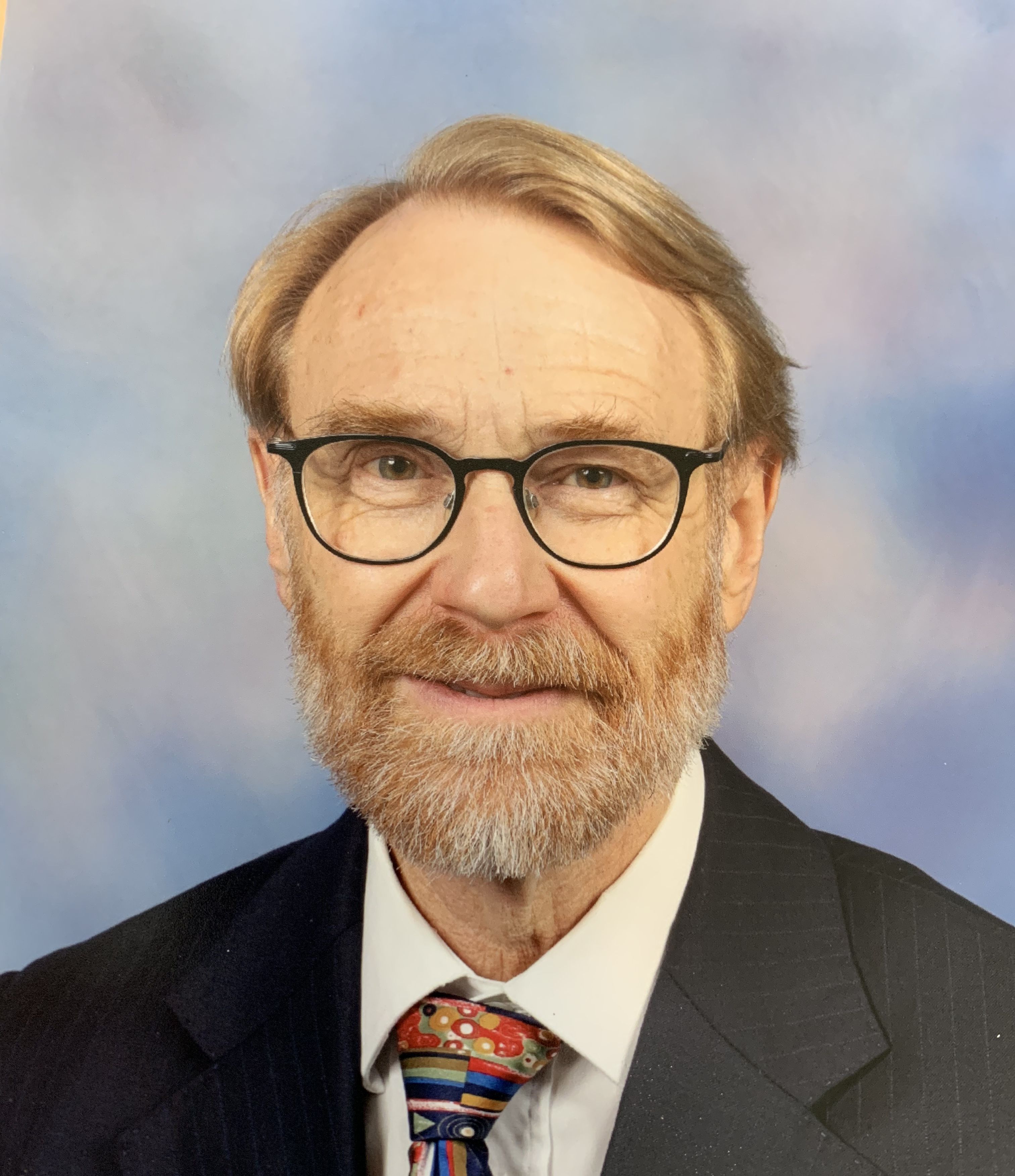12.01.2021
The problem is partly historical: how does a nation come to terms with the shadow-side of its own history?
In Conversation with Research Alumnus Dr. Duncan Reid, Anglican priest, head of Religious Education at Camberwell Girls Grammar School, adjunct lecturer at Trinity College Theological School, and honorary research associate of the University of Divinity in Melbourne.
I’m Duncan Reid, and I studied in the Evangelisch-Theologische Fakultät in Tübingen between 1983 and 1985, completing my doctorate in 1992. A shortened, English-language version of my dissertation was later published as Energies of the Spirit: Trinitarian Models in Eastern Orthodox and Western Theology (Atlanta: Scholars Press, 1997). I am an Anglican priest, and after returning to my home country Australia have taught theology in both Adelaide and Melbourne. In the 1990s I served on the Anglican Church of Australia’s Doctrine Commission, and from 2001 to 2016, on the International Commission for Anglican - Orthodox Theological Dialogue. Currently I work in Melbourne as head of Religious Education at a secondary school (Camberwell Girls Grammar School), as an adjunct lecturer at Trinity College Theological School and an honorary research associate of the University of Divinity in Melbourne. This includes membership of the university’s Network for Religion and Social Policy.
Within my main area of research in systematic theology I have a fairly wide range of interests. My latest publication, Time We Started Listening: Theological Questions put to us by Recent Indigenous Writing (Adelaide: ATF, 2020) was – as the subtitle suggests – written as a response to writings by Australian Aboriginal authors, especially in the past 20 years or so. I have a long-standing interest in this topic, for reasons I explain in the book, but had not previously written on it because until recently it was considered not quite ‘politically correct’ for a non-Aboriginal person like myself to offer an opinion on Aboriginal cultures.

